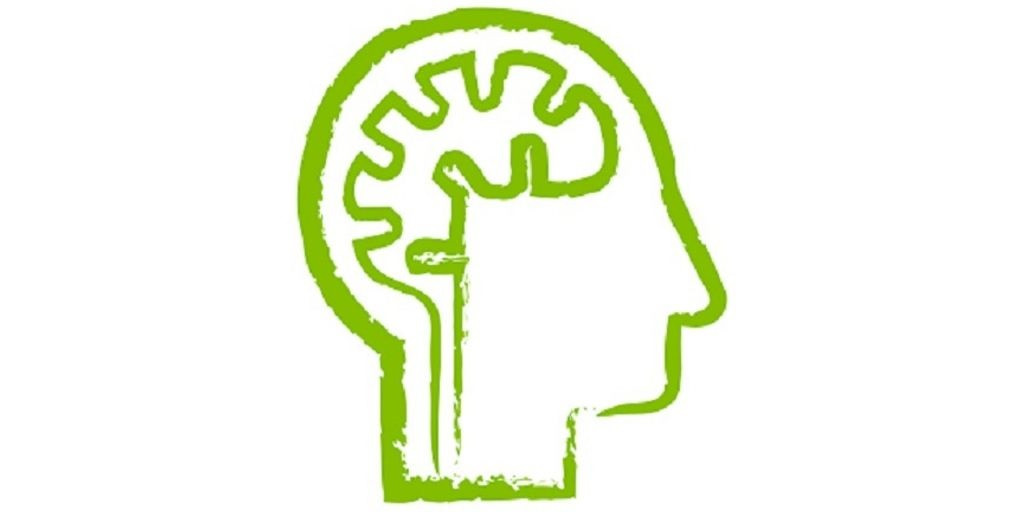04/02/2016

A brain injury can be caused in many different ways, such as a road traffic accident, an accident at work, as a result of a criminal attack or even a slip or fall in a public place.
Signs of a head injury can include unconsciousness, fits or seizures, difficulty speaking or staying awake, repeated vomiting, blood or clear fluid coming from the nose or ears and memory loss. If symptoms of a brain injury are not investigated quickly by a qualified medical professional, its affect can be life changing.
While most people can fully recover from a brain injury, some less obvious problems can remain. These include headaches, bladder and bowel incontinence, difficulty with balance and coordination, a loss of sensation, Epilepsy, Dyspraxia, tiredness or trouble with speaking and swallowing.
Changes to emotional and behavioural control can also be the result of a brain injury. Because they are not as obvious as physical injuries, they can be the most difficult to recognise and deal with. Emotional and behavioural brain injuries are split into the following 11 categories:
- Agitation – pacing up and down and restlessness
- Anxiety - feeling insecure, having panic attacks and experiencing nightmares
- Explosive anger and irritability – exaggerated reactions to minor annoyances
- Impulsivity and disinhibition – not considering the consequences of actions such as speaking your mind or touching people inappropriately
- Apathy and poor motivation – a lack of interest or enthusiasm to do things
- Depression – feeling low and thinking that things have changed for the worse
- Sexual problems – promiscuity, an increased sex drive and interpreting people’s behaviour as being provocative
- Emotional lability – a tendency to laugh or cry very easily, shifting from one emotional state to another quickly
- Lack of awareness and insight – an inability to adjust personal behaviour according to situations •Self-centredness – only being concerned with personal needs
- Inflexibility and obsessionality – being unreasonably stubborn or exhibiting patterns of obsessive behaviour
Another consequence of a brain injury is how it affects our hormones. Damage to the hypothalamus and / or pituitary gland, which are at the base of the brain, can lead to too little or too much of one or more hormones being released. Damage to the pituitary gland can cause a reduction in hormone production, a condition known as hypopituitarism.
Most people’s hormones levels are severely affected in the early stages after a brain injury which can make diagnosis of hypopituitarism difficult. The result of pituitary and hypothalamus damage can be wide ranging because of the large number of hormones which could be affected.
The lasting effects of brain injury can be devastating. If you’ve been affected, you could be entitled to compensation. Call our personal injury solicitors to discuss your situation.
Please note that this article is meant as general guidance and not intended as legal or professional advice. Updates to the law may have changed since this article was published.

